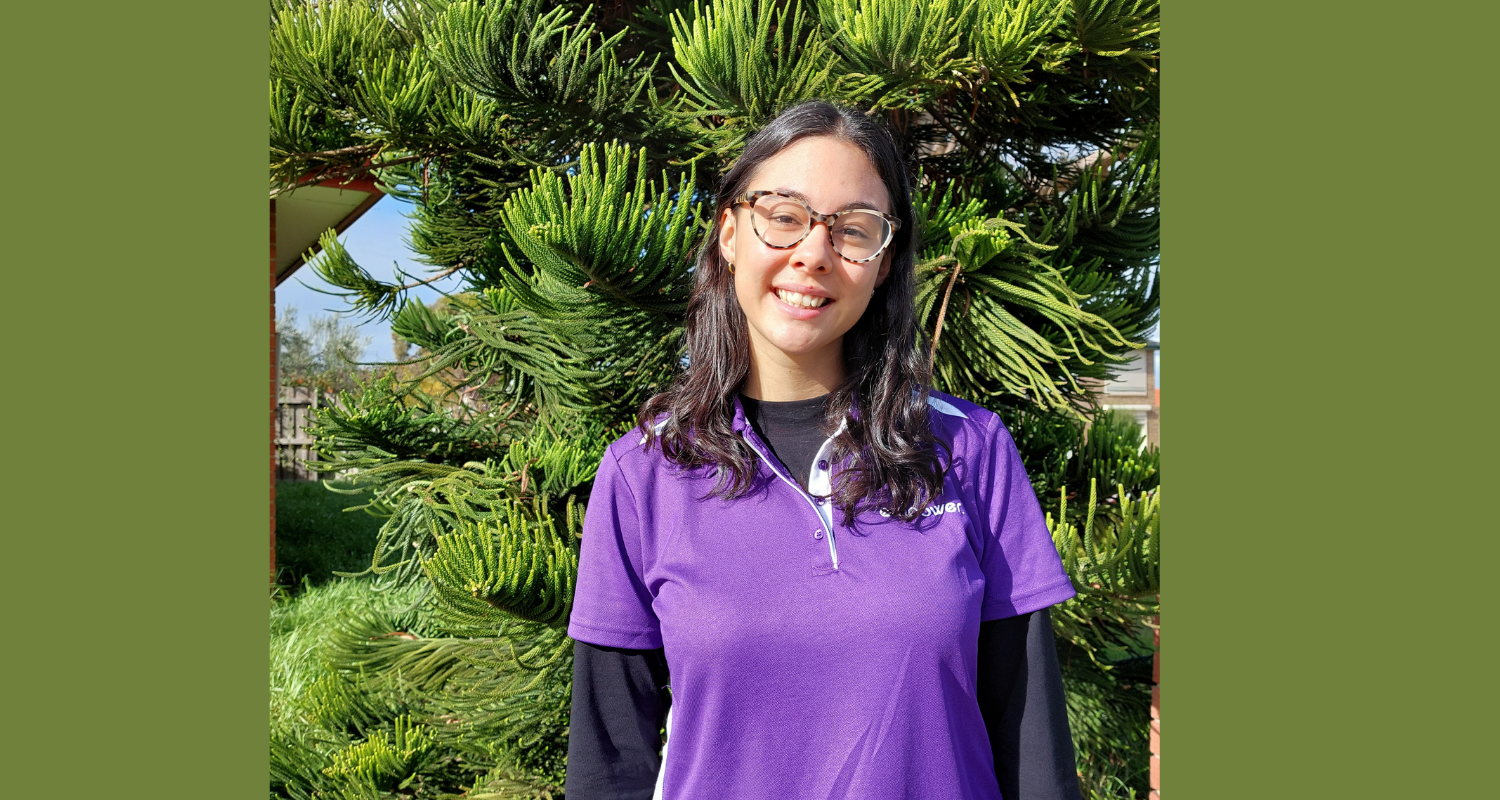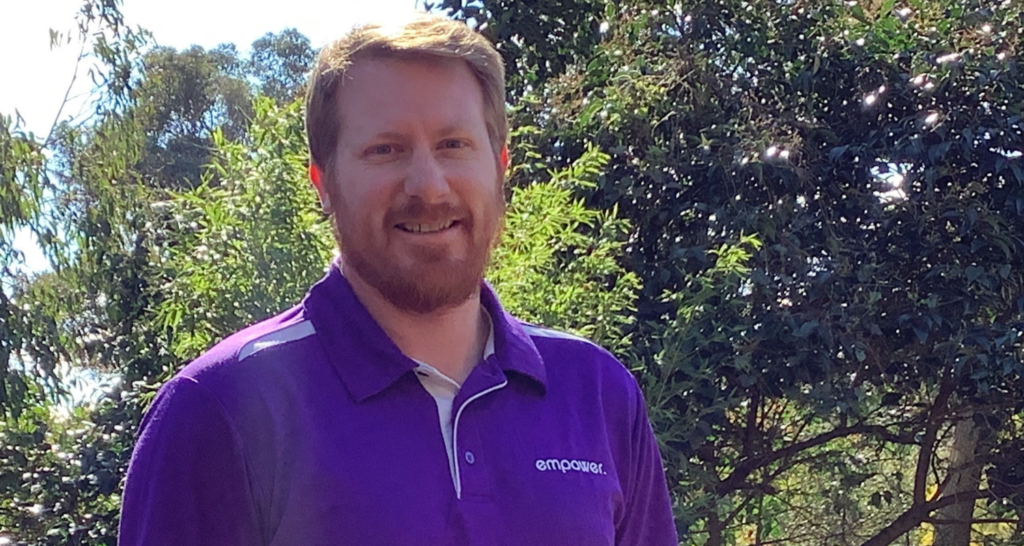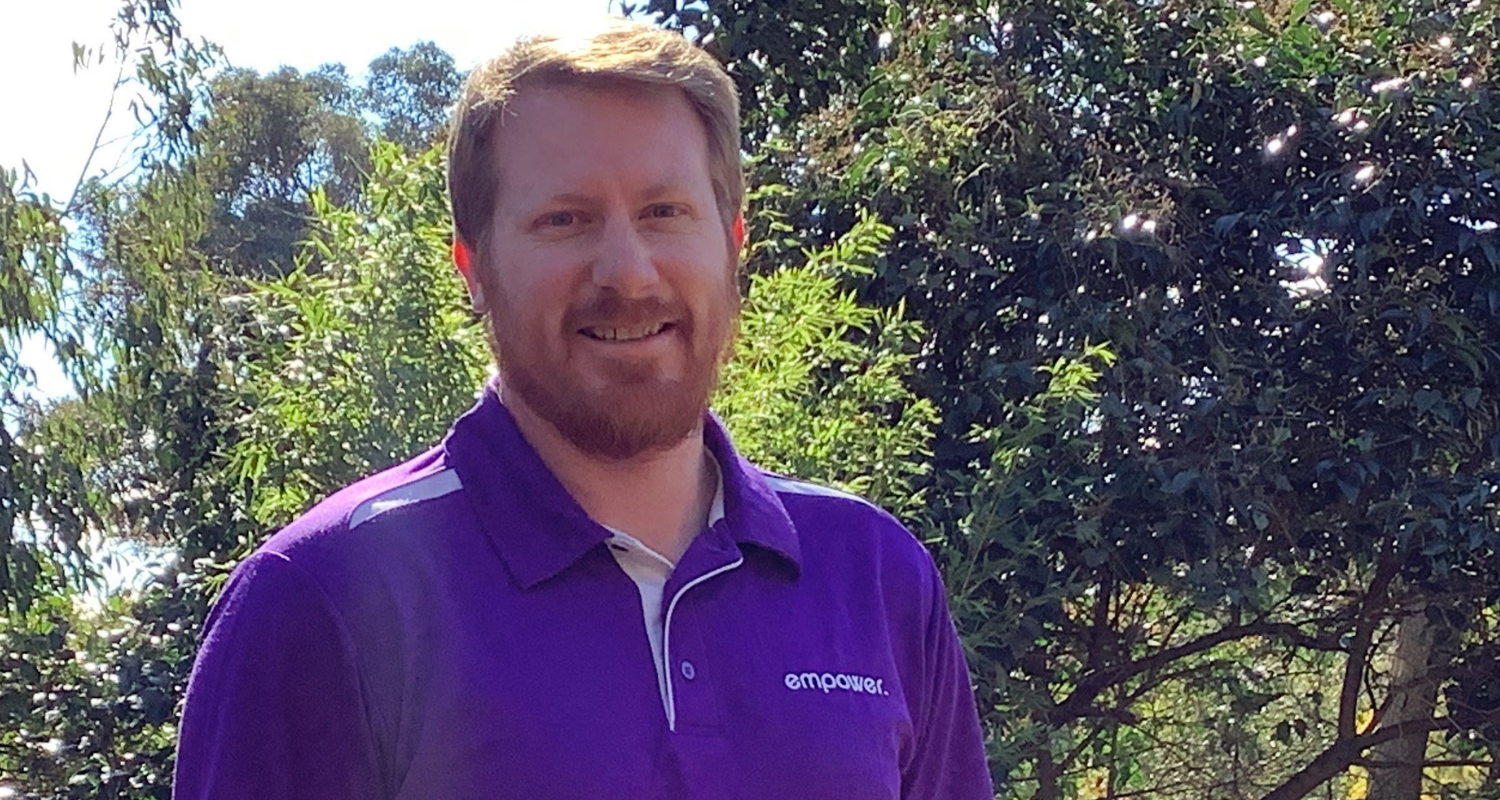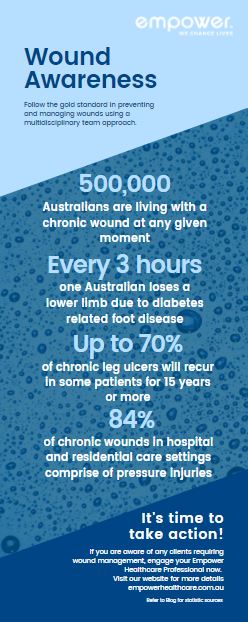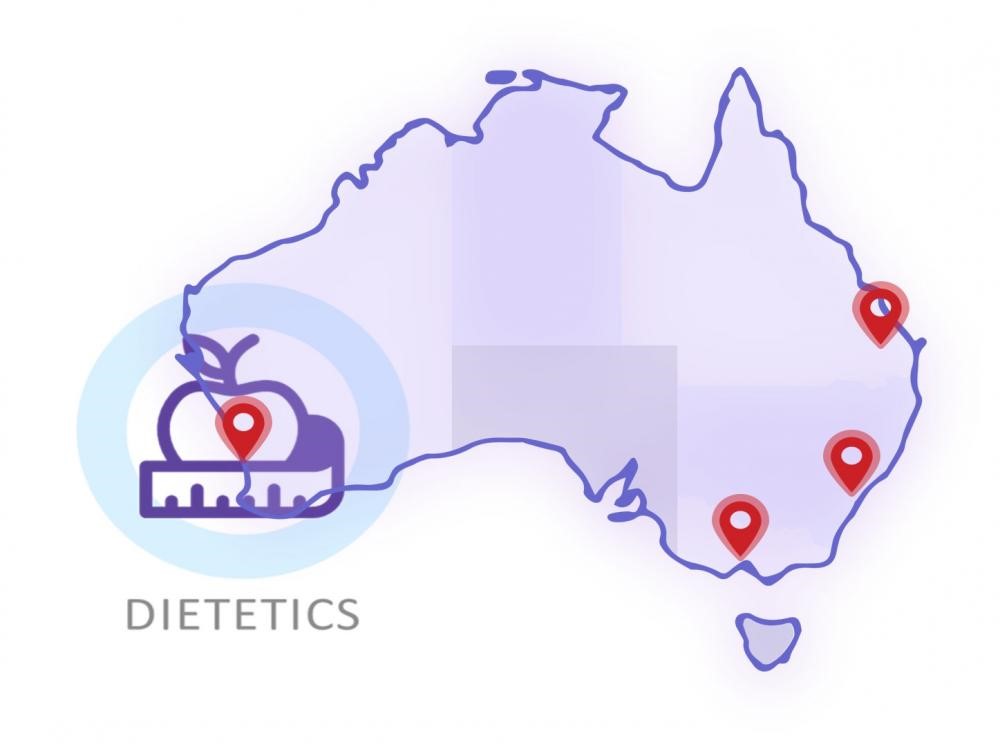The key to a healthier life may have been inside us all along!
It seems not long ago that talking about tummies and how they worked was considered an embarrassment. Nowadays we know better. As far from being merely a tube carrying the forgotten remnants of meals to their exit point, the gut is emerging as playing a vital role in wellbeing and health. From mood regulation to bone health, our guts are responsible for all sorts of important bodily and mental functions and are the undervalued superheroes of the digestive system.
February is gut health month and along with some great resources from our friends at Dietitian Connection Australia, here are some of Empower Healthcare’s top tips for improved gut health.
Eat Well
Focus on consuming a varied diet that doesn’t exclude entire food groups but rather aims to maximise good nutrition. A large body of evidence points to diets that are based on fruit, vegetables, pulses, whole grains, seeds, tubers, nuts and dried fruit as being best for our guts and bodies in general.
Top Tip: Try increasing your veggie and fruit intake by grating carrot into pasta sauce or some apple into your morning porridge.
Move Well
We all know that exercise is good for our muscles and hearts, but it is also great for our guts. The rhythmic movement of walking, for instance, assists our guts to do their work. Exercise is also a great way to manage stress, which has a negative effect on gut health.
Top Tip: Start where you are. There’s no need for expensive gym memberships and equipment, moving more may mean increasing your daily step count with a short walk, adding a flight of stairs to your routine, or completing seated exercises in the comfort of your own living room.
Rest Well
Our guts do some of their best work while we are sleeping. During the night, the tissues in this area grow, repair, and rebuild themselves. Good gut health also aids good sleep by releasing chemicals that regulate our sleep and wake cycle. So it’s a win-win!
Top Tip: Eat the last meal of the day early, at least 3 hours before bedtime, to allow your digestive system to work it’s magic before you try to sleep.
Small changes made consistently can add up to big results over time and help your gut do it’s important work. If you, your client or someone you care for is struggling with tummy trouble that is proving tricky to resolve, our Empower Dietitians can assist. They can develop meal plans that help heal and restore gut function and unlock vitality and well-being at all life stages.
MORE BLOGS YOU MAY BE INTERESTED IN
Living life to the full after Ostomy surgery
Nutrition and the immune system
…









